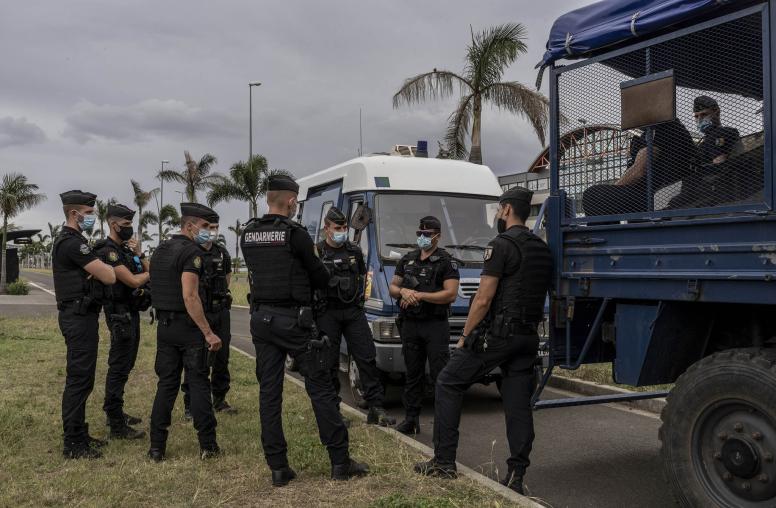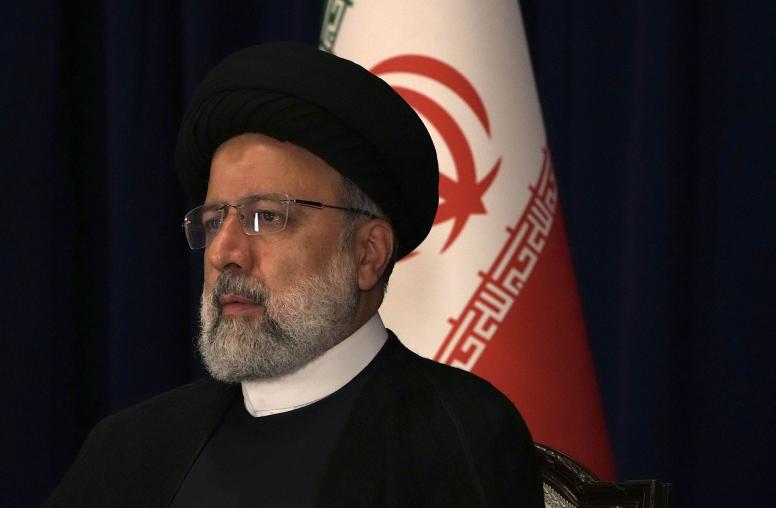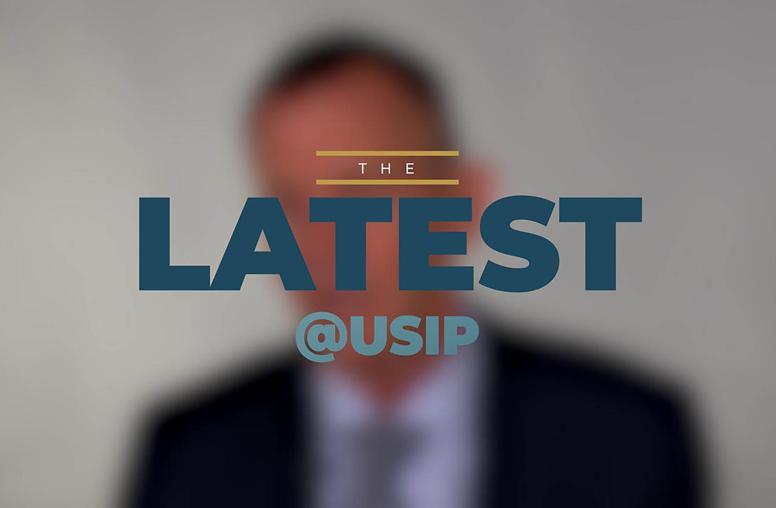Democracy remains quite popular throughout Africa. But many Africans see a mismatch between the promises of democratic governance and their leaders’ inability to address prolonged bouts of corruption, abuse and insecurity. This mismatch can often lead to a political culture that sees military coups as a viable alternative. Jide Okeke, regional coordinator for Africa at the U.N. Development Programme, discusses the risk factors that precipitate military coups, and the steps that regional and international actors can take to strengthen democratic governance and security.



